Photographer: Justin Anantawan
Pornceptual has interviewed Zora Aikman, who is a model, mental health advocate and scars activist.
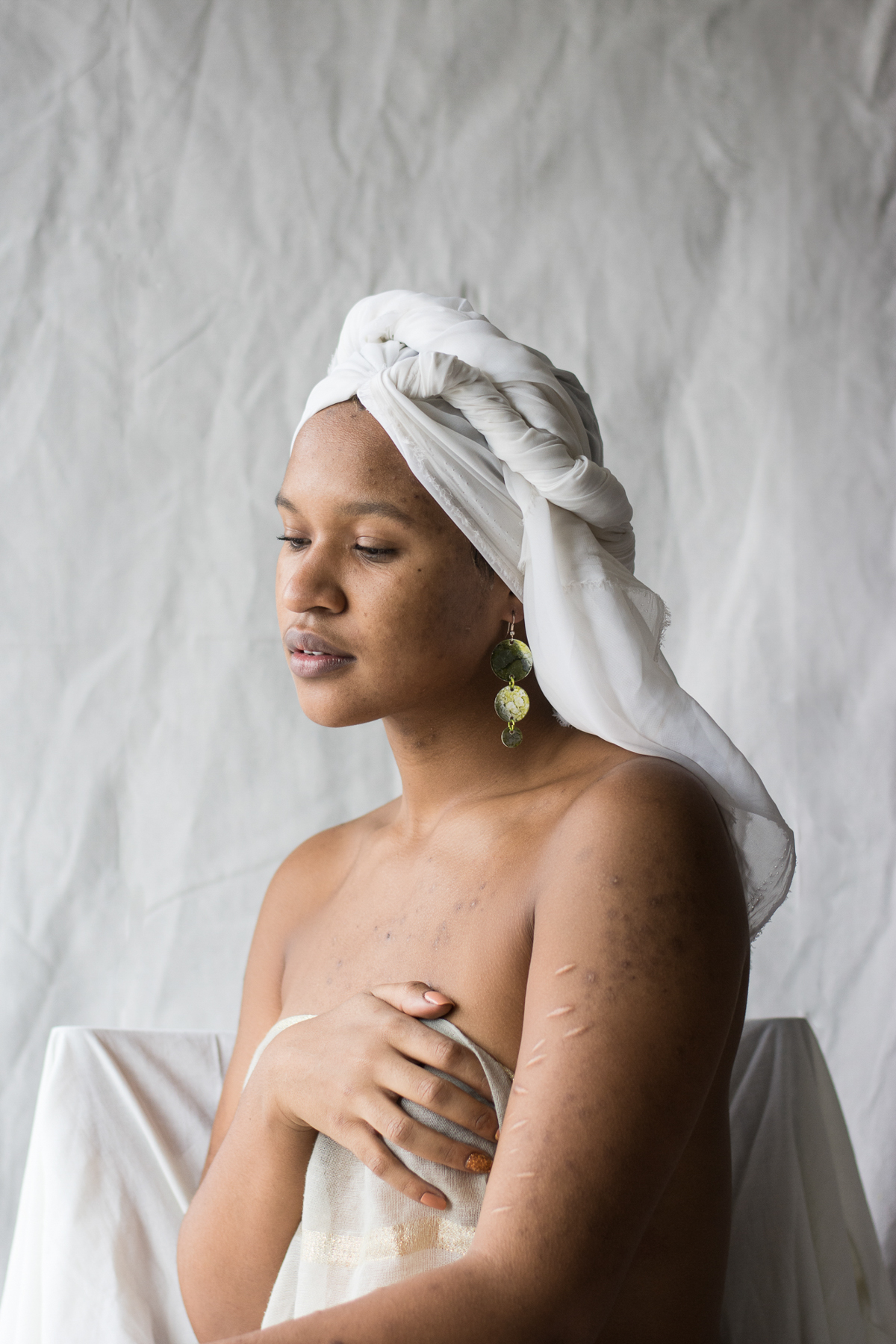
PORNCEPTUAL: What is dermatillomania and how did it affect your life?
ZORA: Dermatillomania (or excoriation disorder) is an illness linked to a body-focused- obsessive-compulsive disorder. The condition causes someone to pick/dig/scratch at perceived imperfections on the skin, making the disease an easy victim to many misconceptions of possible drug use or some or some other lofty assholish thoughts arrogant people may have. Still, I digress. I’ve personally struggled with Dermatillomania since I was eleven. It came about after a series of traumas in my life, and now I can see that it was a sort-of PTSD related response to what I was going through. It was something that I had control of, during a period that I was very out of control.
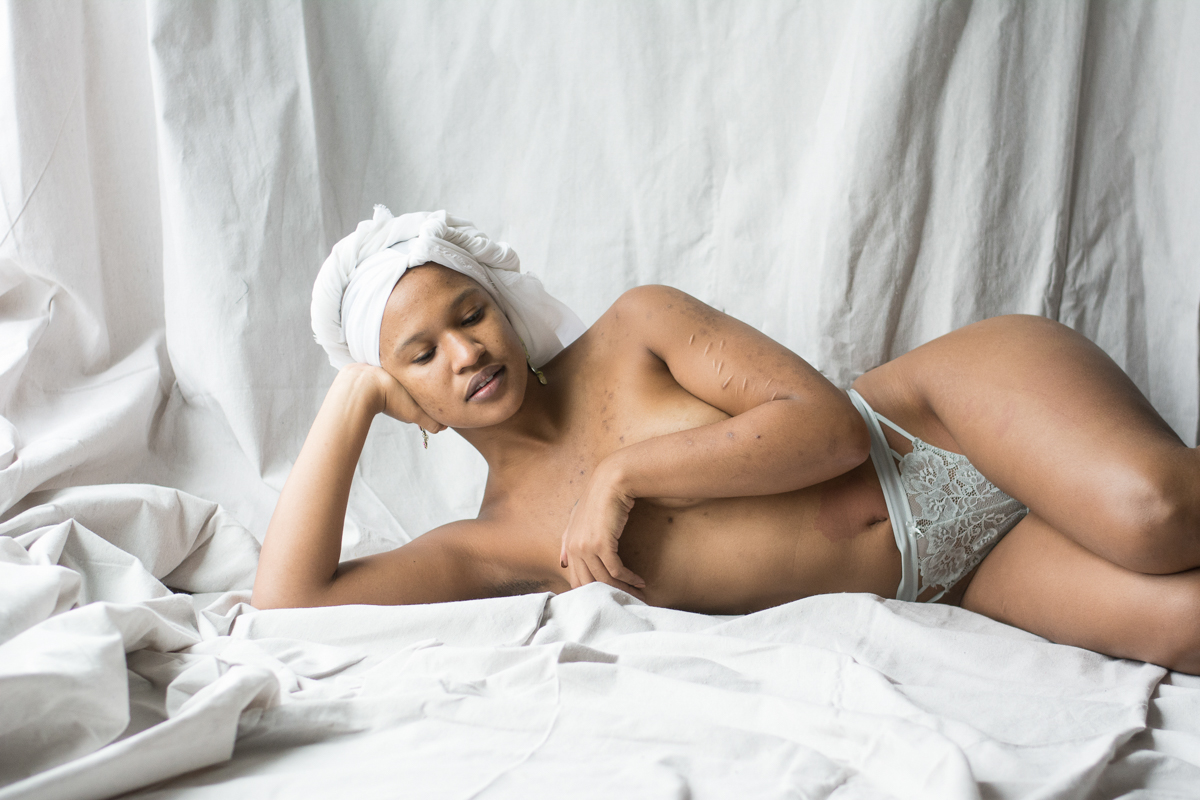
P: What made you change your perception of yourself and your body?
Z: Around this time, I was also diagnosed with depression and social anxiety. I began to become introverted and escaped into comic books and anime. When I’d go out, I’d have panic attacks, and school was often a nightmare. I also took on self-harm as another escape; by the age of fifteen, I had left myself with life-long keloid scars from cutting, along with my picking marks(that for me come with hyperpigmentation). I hated the way I looked. I only wore-long sleeves or baseball-T-shirts because they were long enough to cover the worst of my scars. Talking about that point in my life is troubling because it was so dark. Yet, I made friends with some more artistic people in high school who showed me something called Instagram. I could express myself, as I wanted people to perceive me and often without judgment due to the people I was starting to attract.
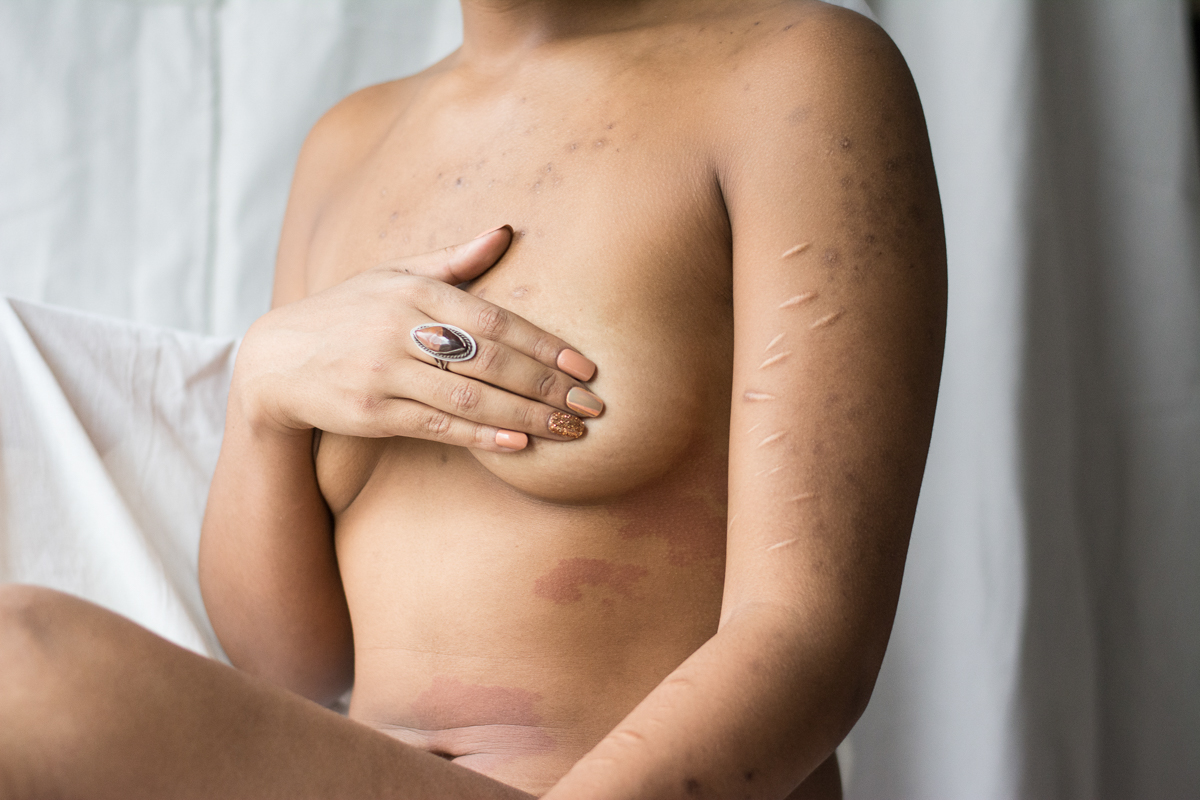
P: What role has social media played during your healing process? How has the perception of your body changed?
Z: I started modeling through Instagram networking with some fantastic local photographers. Honestly, it was shocking to see the images of myself at first. I couldn’t believe most of the time that that girl was me. It was a hard transition for me to accept that I just might be beautiful, even with all these scars that I loathed for so long, not in spite, but with them. Instagram also allowed me to find strength in all the people who’ve been rooting for me. I got messages from women who were thanking me for my perseverance or related to my struggles, or men who didn’t know the name of something they’ve been dealing with for years; it is very inspiring to inspire others…if that makes any sense.
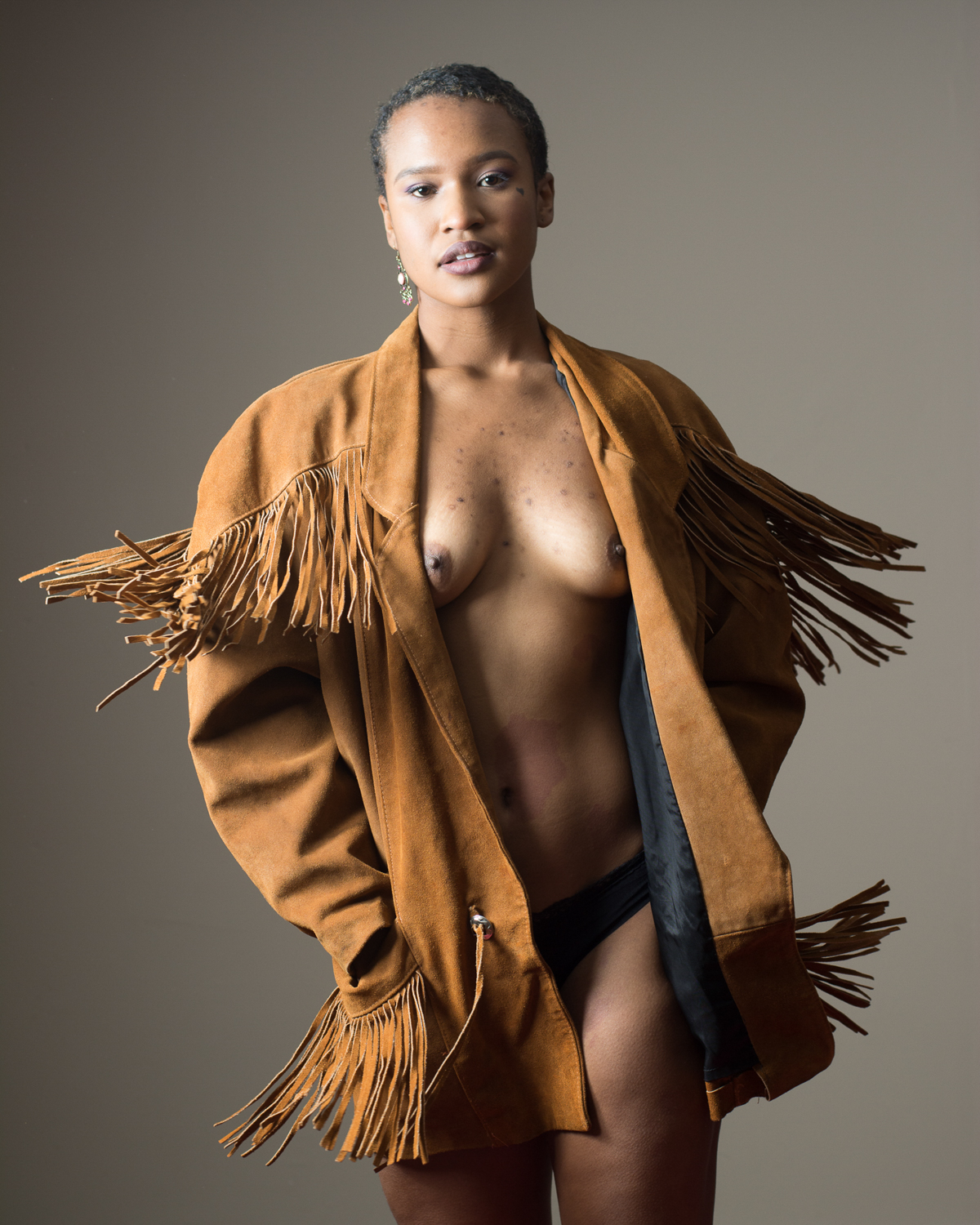
P: How do the current Instagram’s guidelines (regarding posts about self-harm and scars) affect your activism? How do you feel about their decision to remove this topic from their platform?
Z: I’m now twenty-two, I don’t model much anymore. Yet, I still find enjoyment in empowering people through Instagram and occasionally working with my photographer peeps; even though it’s become much harder due to the guidelines regarding self-harm scars and nudity. Making Instagram a much more rigid and conformist platform, lately feeling more geared towards being another cash cow instead of the photosharing app I once loved. I must admit…I have a love-hate relationship with the App it allows me to compare myself to so many beautifully airbrushed women and people with wealthy lifestyles I can only dream of; however, it still gives me the platform to take on this unapologetic advocacy of self through Instagram by admitting when I’m not okay and expressing my struggles, as well as posting when I feel sexy and feel like I wanna be a little explicit, I’m at a point where i’m finding a balance with myself and my relationship with social media and I hope all of you reading do to.
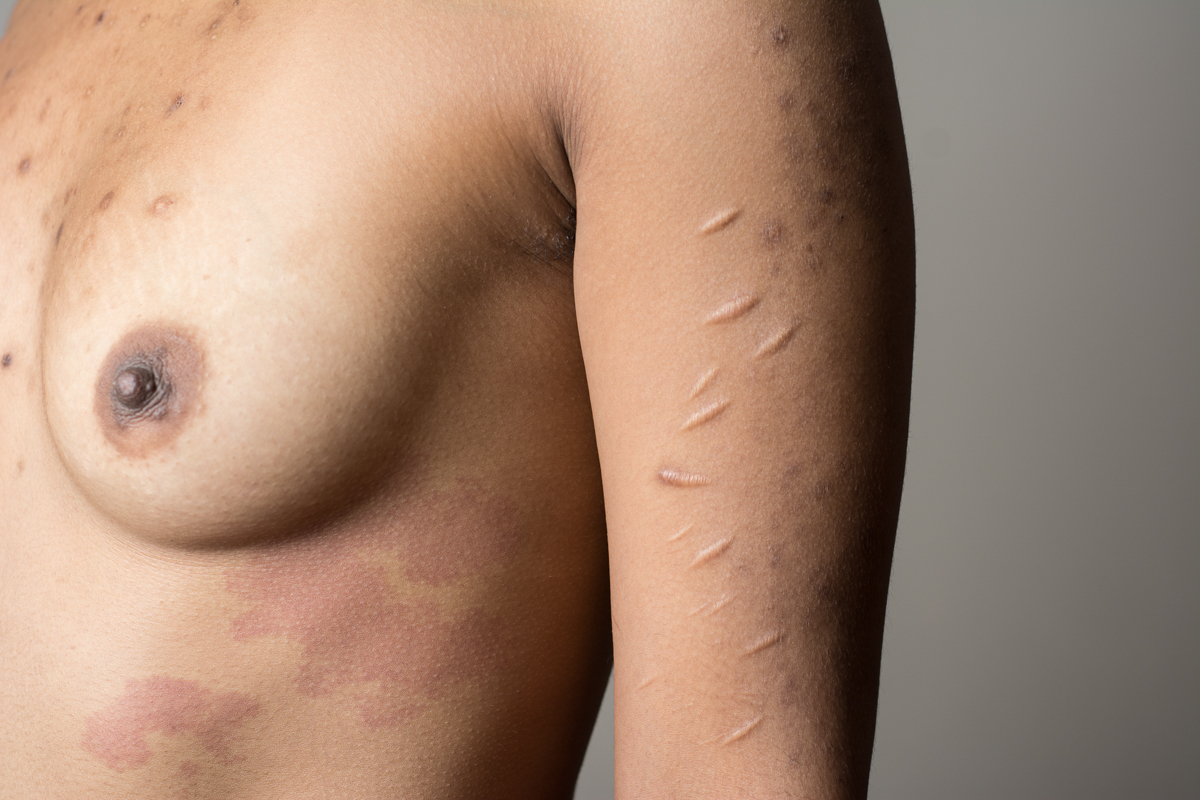
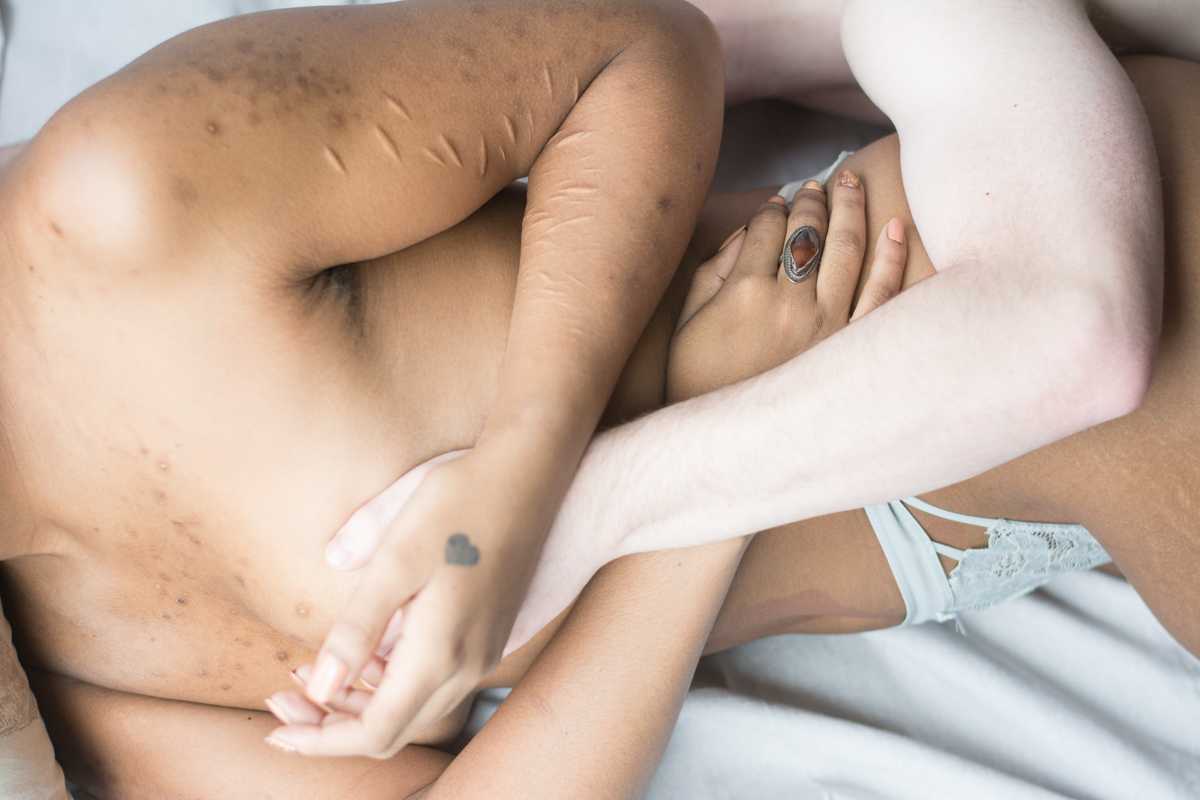
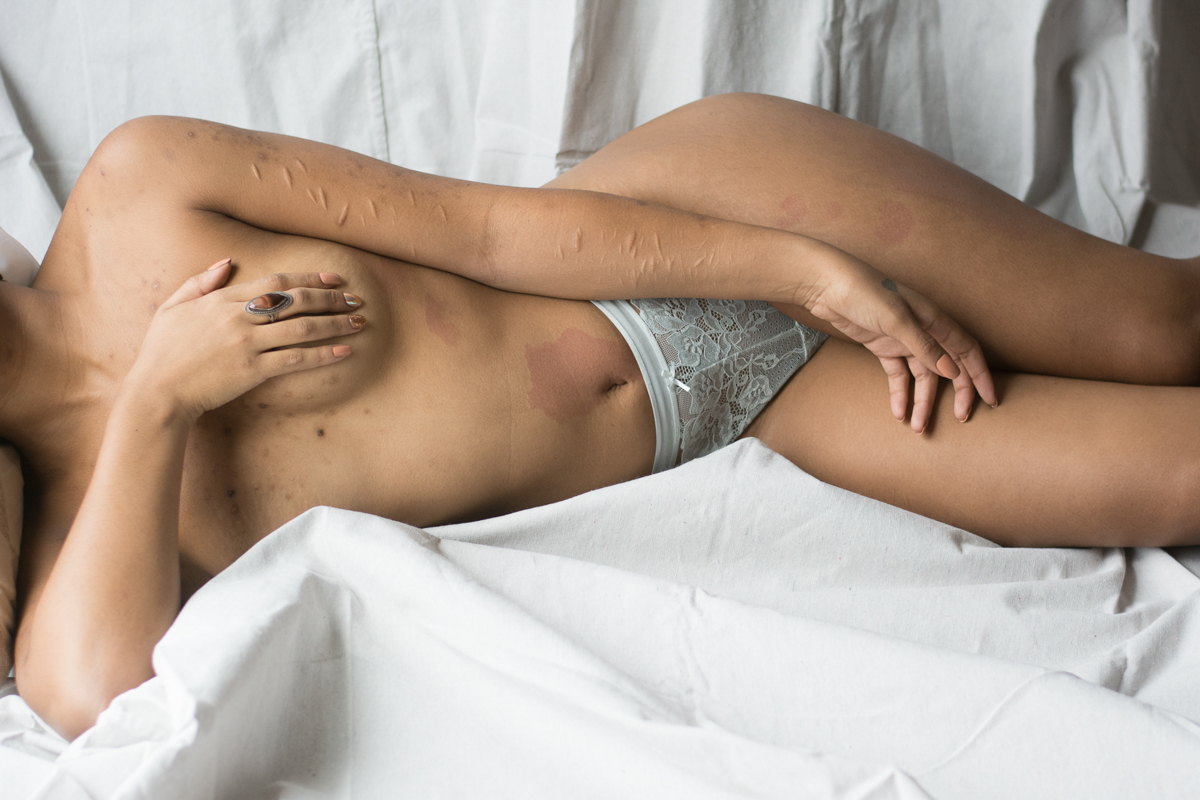
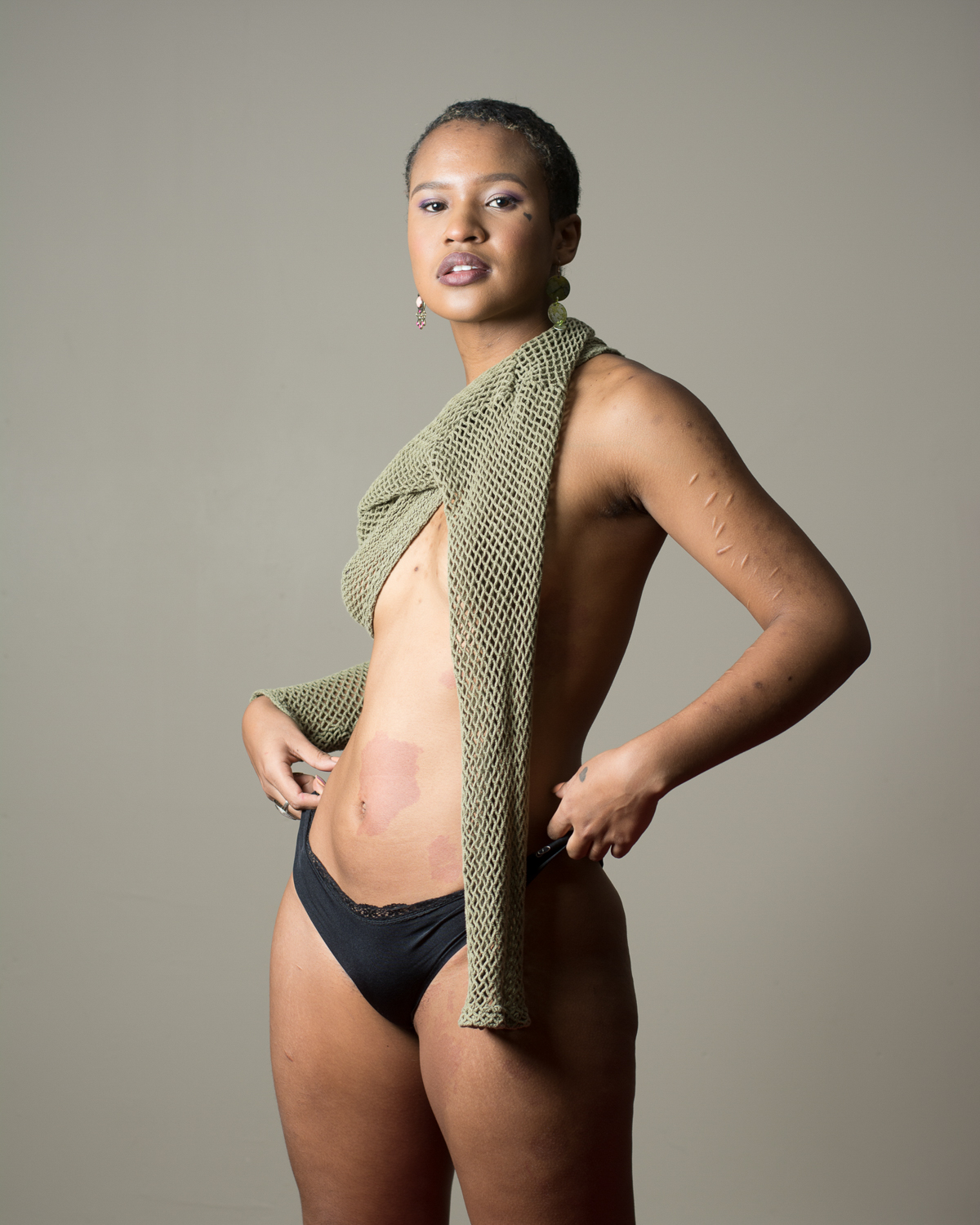
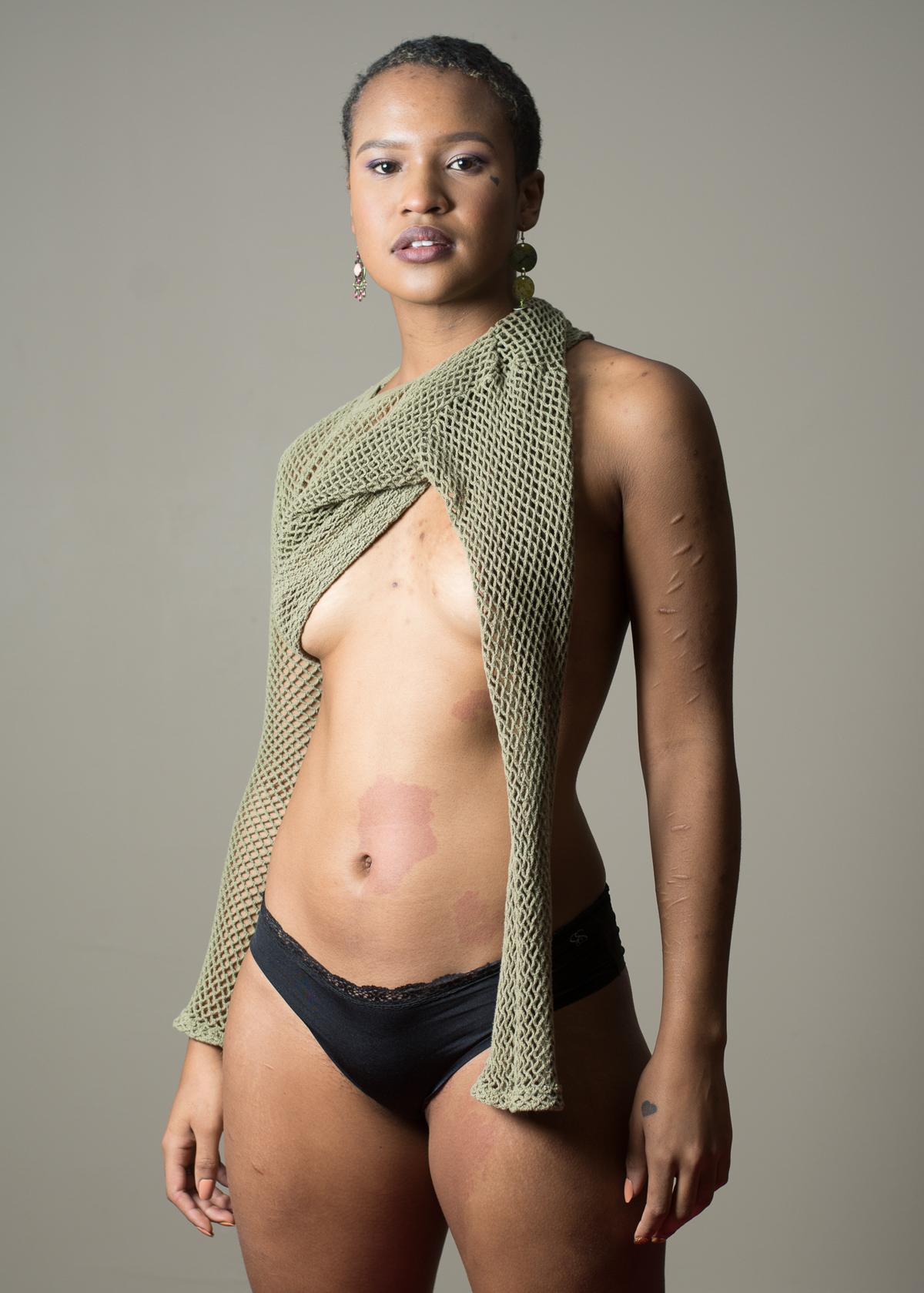
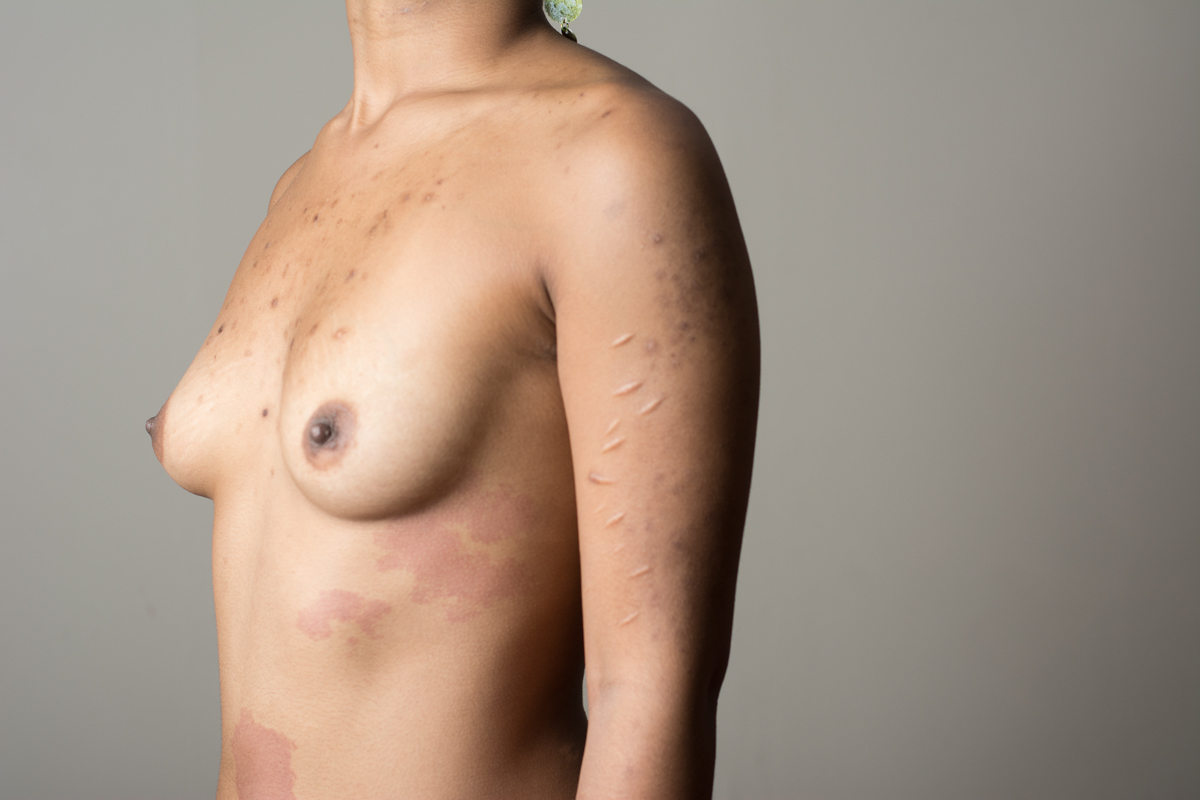
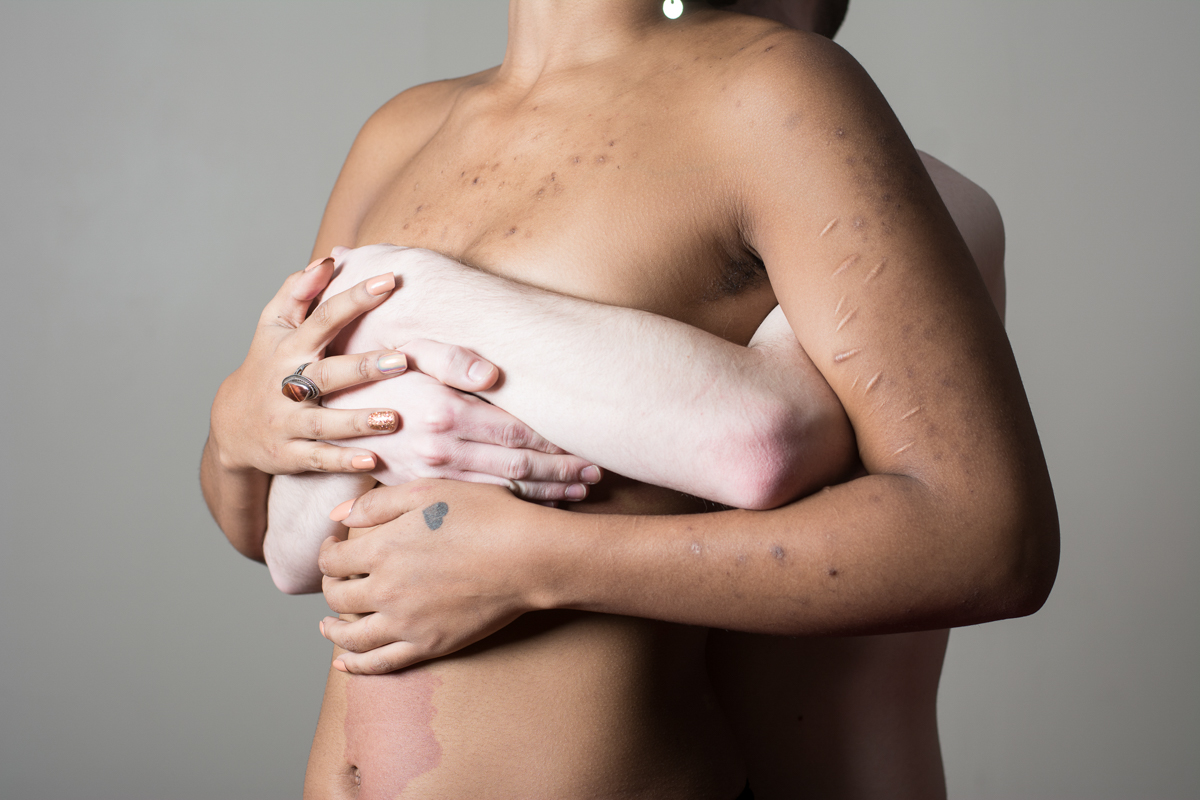
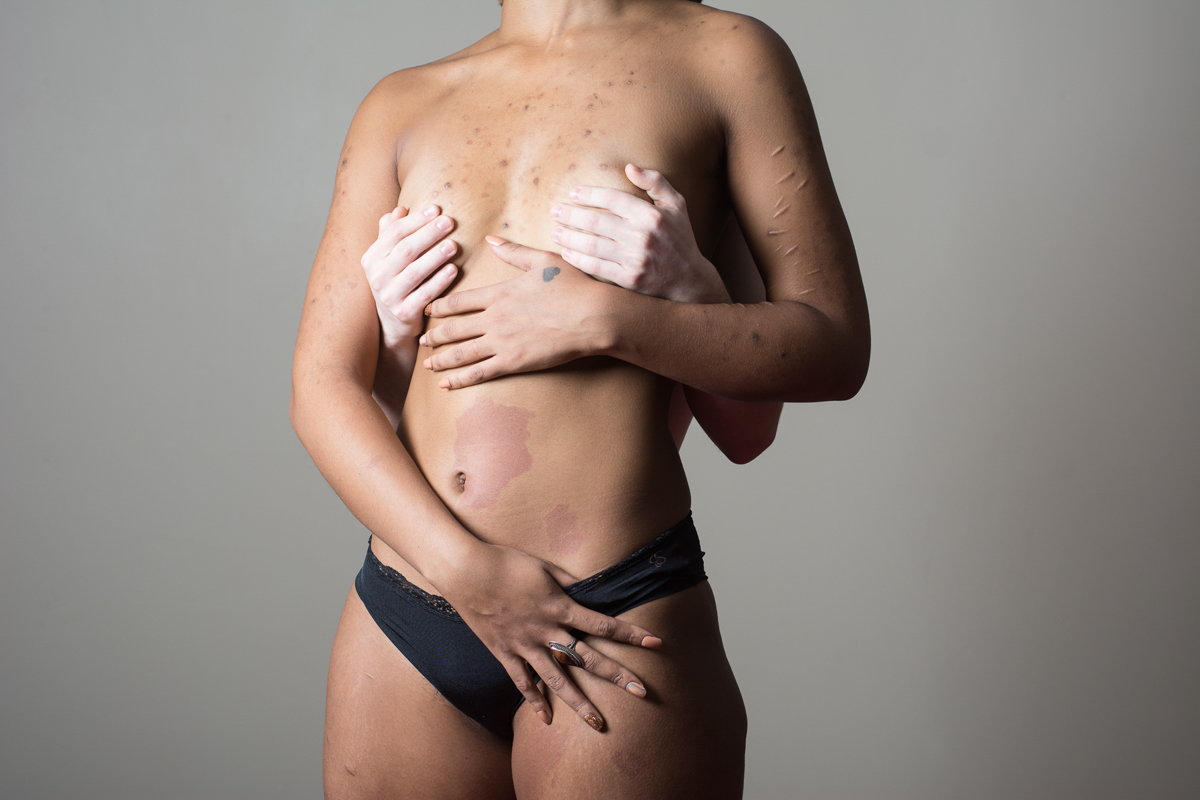
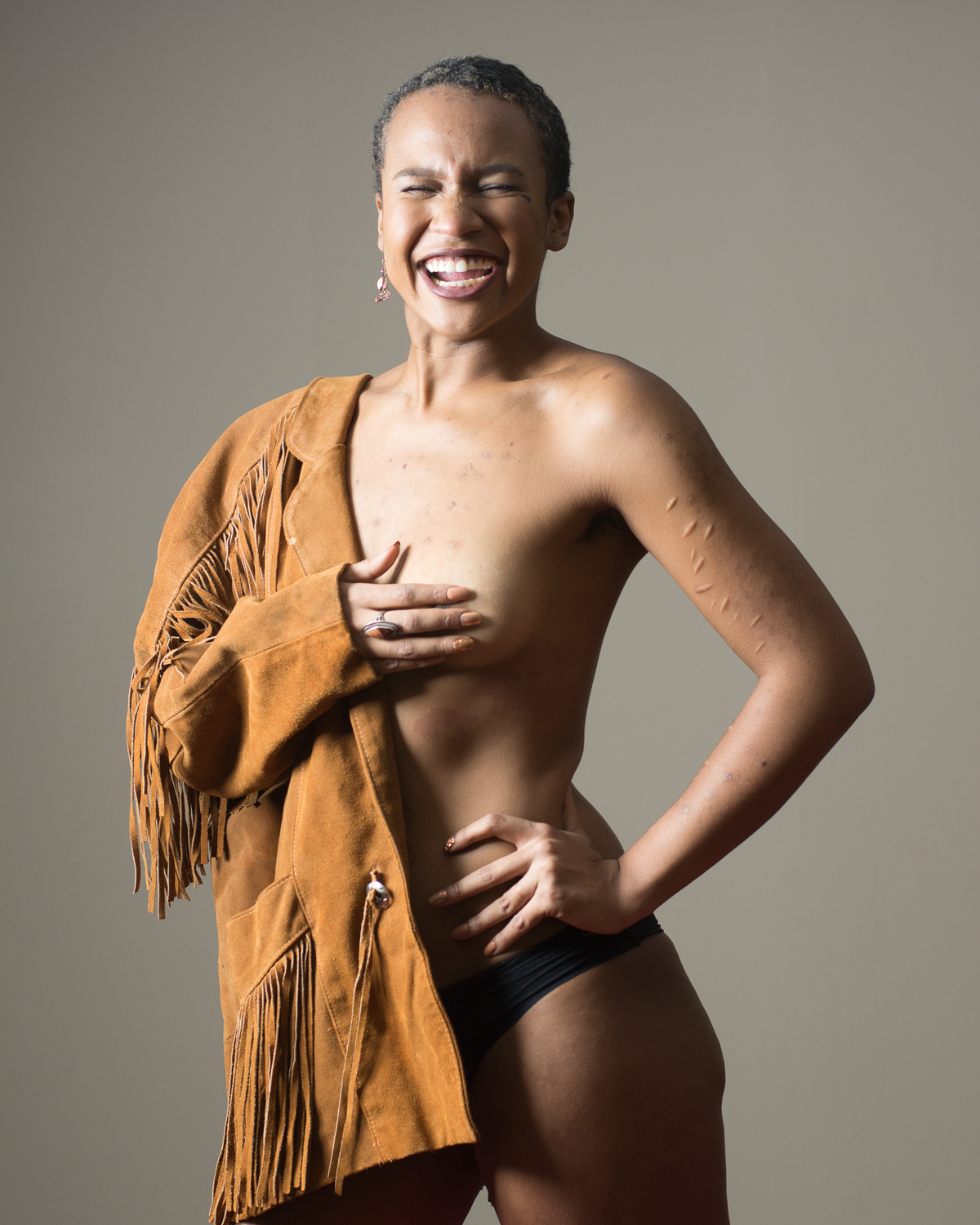
Leave a Reply